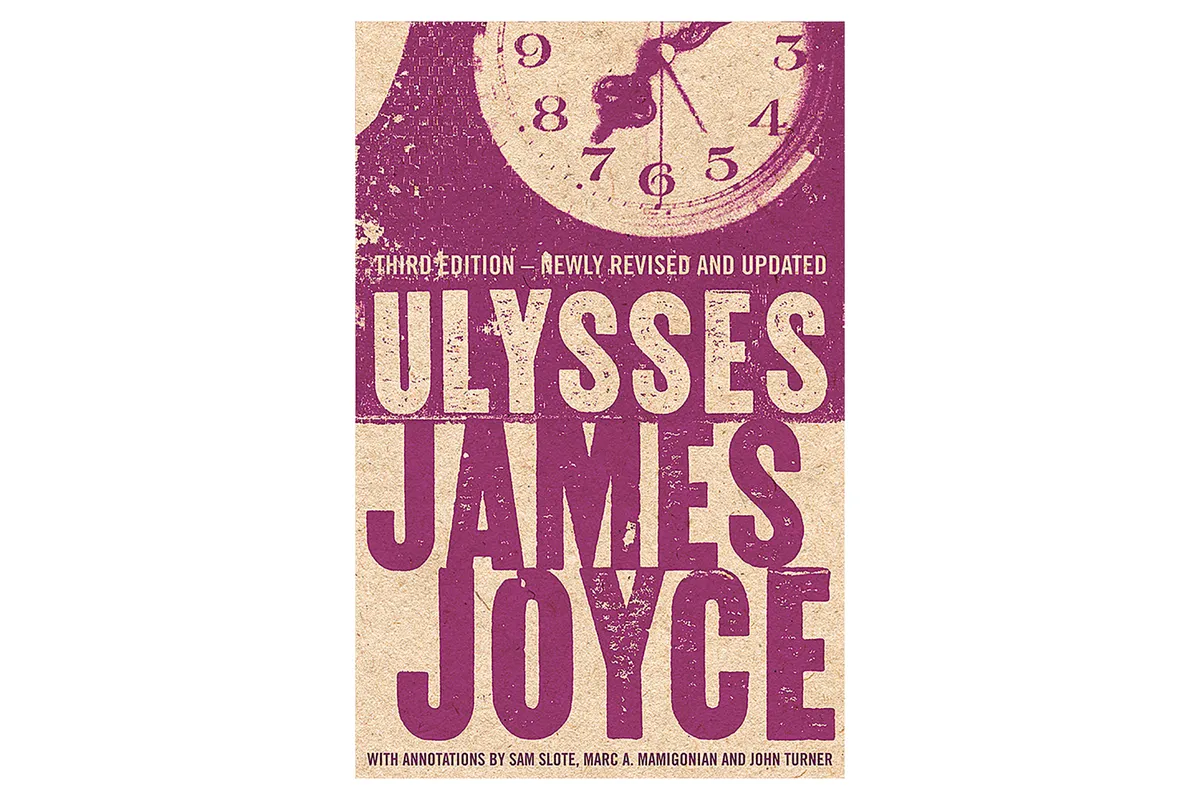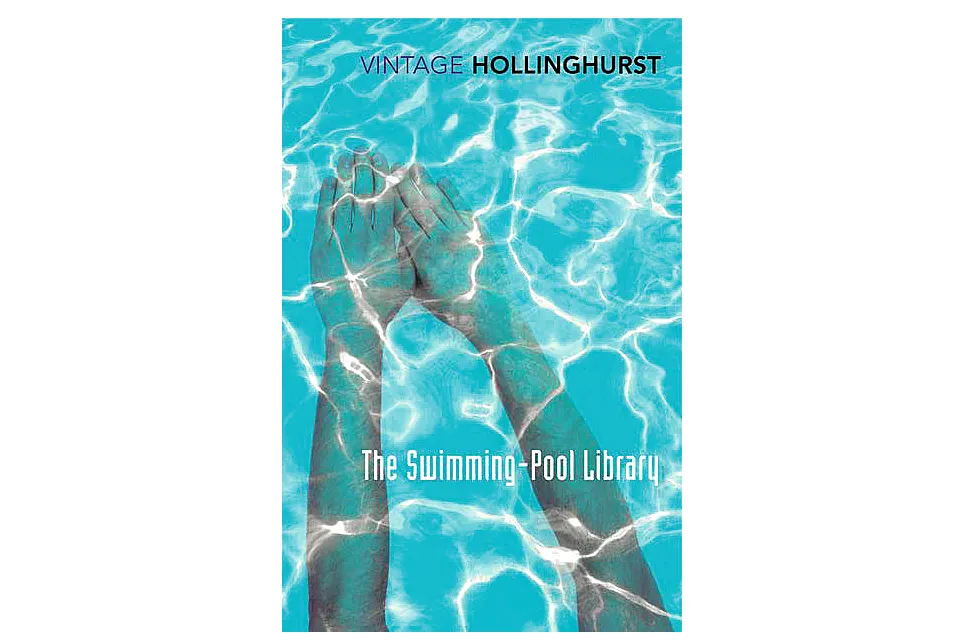When they ask me what I did in the great lockdown, my answer – unremarkably, I guess – will be ‘I read’. Through recent months I’ve knuckled down to books I never managed to complete at school: the tough ones, long ones, worthy ones requiring time and effort that eluded me back then. And though they tended to be fiction, many of them turned out to relate to music – in surprising ways I’d either totally forgotten or had failed to notice in the first place.
Ulysses by James Joyce

One was James Joyce’s Ulysses (1922), an almost inevitable choice when you have time on your hands; and yes, it is difficult. But it’s also steeped in music, not least because Molly Bloom, the domestic-temptress wife of principal character Leopold Bloom, is a concert singer of local renown – her repertoire not altogether ‘serious’ by modern standard but serious enough for Edwardian Dublin which doesn’t seem to have been so particular as we are now about cultural hierarchies.
Molly, for example, knows her Mozart; but her natural habitat appears to be Variety. And the text is littered with examples of the easy flow there seems to be in 1904, when it is set, between the ‘elevated’ and the lowly. At one point, in the section called ‘Sirens’, someone sits at a piano in a bar and sings. To start with it’s the kind of music you’d expect in a piano bar, but then you get an aria from Flotow’s Martha – which, although an operatic potboiler that traditionally incorporates popular ballads in performance, still counts as what one of Joyce’s barmaids identifies as ‘the real classical, you know’.
It’s a relaxed, accepting, matter-of-fact attitude to music that survives in Ireland, healthier perhaps than the divisions that run hard and fast in post-millennial England. And it’s summed up in another quote from Ulysses where Bloom’s thoughts wander into musicology, observing (in the novel’s convoluted prose which only works with an Irish accent) that at the end of the day, music is simply numbers: ‘Musemathematics. And you think you’re listening to the ethereal. But suppose you said it like: Martha, seven times nine minus x is thirty-five thousand. Fall quite flat. It’s on account of the sounds it is’.
That final sentence has the makings of a sermon.
Trilby by George du Maurier

And it brings to mind another book that saw me through the lockdown: not so epic, heavyweight or grand as Ulysses but, in its time, a blockbuster of sorts. The book was Trilby, the chef d’oeuvre of the English author George du Maurier, who made a fortune from it in the last years of the 19th Century: enough for him to occupy a handsome house in Hampstead near my own considerably more modest dwelling, and a place I’ve often passed by, wondering how a Punch cartoonist (as du Maurier was) managed to afford it. Now I know.
Trilby began life as an illustrated novel, and the pictures were its selling point. But its success then spawned a stage play that inspired the Trilby hat (worn by the central character) and other branded goods, from cigarettes and shoes to ice cream. As a marketing phenomenon it grew into a franchise something like the Harry Potter of its era.
As a story, too, it wasn’t without impact. And though no one reads it any more, its legacy lives on in what the world thinks about music- (and especially singing-) teachers. Which is not a lot these days. Partly a tale of knockabout high-jinks among a La bohème community of student painters on Paris’s Left Bank, partly gothic fantasy, Trilby describes what happens when an innocent young woman falls under the spell of a controlling, sinister and sexually predatory mentor. Called Svengali (probably the only thing that anyone remembers of the book), he turns his pupil Trilby, who has no conspicuous talents beyond boyish charm and pretty feet (in which du Maurier takes a fetishistic interest), into the world’s greatest living singer.
Her credentials for this role are unconvincing. She has hardly any repertoire beyond the novelty of a Chopin Impromptu (No. 1 in A flat, if it matters) transcribed for voice. And she doesn’t venture into opera. But with such slim offerings she mesmerises European audiences. Crowned heads, dukes and duchesses fall at her lovely feet. And she is no less mesmerised herself – because her singing voice turns out to be the product of hypnosis, practised on her by Svengali. Needless to say, it all comes to a bad end. And Svengali, who has used her for his own unspeakable objectives, enters literary history as the prototype of dodgy music teachers ever after.
But of course, he’s not the first. For centuries before him, music-teaching was regarded as an open door to bad behaviour, and teachers of singing ranked among the most conspicuous offenders – their number including chancers and tricksters like Robert Boscha who may well have been the chief role-model for Svengali. Boscha’s colourful existence embraced the job of official harpist to Napoleon before he turned to writing operas, forgery, philandering and teaching. Critically, he ran off with a second-rate soprano called Anna Bishop (wife of Henry Bishop, composer of Home Sweet Home) and turned her into a first-rate soprano, with whom he toured the world and made more money (even) than he had by crime.
Of course, it’s always tempting with a novel to try and figure out who might have been the real-life models for the characters; and it’s not uncommon for authors to throw you clues – false or otherwise – as their story unfolds.
Doctor Faustus by Thomas Mann
A good example is another fictional blockbuster on my current reading-list which, like Ulysses, is one of those books I’ve been trying to find time for since my schooldays: Doctor Faustus.
Written by Thomas Mann during World War II and charting the intellectual downfall of German culture through the Nazi years, its central character (who needless to say concludes a Faustian pact with the devil to foster his genius) is a composer. And as this composer is credited with inventing the 12-tone system, you can’t help but assume he must be Schoenberg – a suggestion to which Schoenberg very much objected, with the result that Mann was forced to include an apologetic clarification when the book came out.
An Equal Music by Vikram Seth
But another, more recent classic of musical fiction is completely upfront about at least one of its human sources; and I can claim to know a bit about this since the writer Vikram Seth – author of An Equal Music – first met the violinist Philippe Honore – dedicatee of An Equal Music – in my own sitting room. A long time ago.
They became partners. And the result was a book about love, fragility and playing chamber music which, uncommonly for fiction of this kind, is written with enough insider-knowledge to feel true. No less impressive is the way it feeds the passion of performance into words without unduly purple prose – which is the curse of novels about music. And that it contains a wounding cameo of a sexually frustrated music critic who lives in Hampstead is something I’ve learned to forgive over the years. In most other respects it’s an authentic book, worth reading.
Clara by Janice Galloway
Authenticity is, of course, the key to making fiction out of music. And high on my shortlist of successful instances would be Janice Galloway’s Clara, a lyrical but grounded riff on the theme of the relationship between Robert and Clara Schumann. It is written with profound wisdom by someone whose prose style can be virtuosic and whose description of Clara ‘purchasing’ her husband’s love with ‘invisibility and silence’ is a phrase that Wigmore Hall should standardly quote in Liederabend programme notes.
On Chesil Beach by Ian McEwan
Talking of the Wigmore, it has its own semi-starring role in Ian McEwan’s book On Chesil Beach. McEwan isn’t altogether kind about the Wigmore audience: they’re described as shuffling to their seats on sticks. But one of those seats, identified as 9C, is critical to the narrative. And John Gilhooly, who runs the Hall, tells me that it’s where McEwan himself likes to sit when he comes – though I daresay that, like the rest of us, he’d happily sit anywhere given the chance in these grim times of closure.

Other commendations on my list would include Alan Hollinghurst’s supremely artful early novel The Swimming-Pool Library (which has a walk-on part for tenor Peter Pears, no less), and Willa Cather’s The Song of the Lark (about a small-town singer who makes good in New York, loosely based on the life of Cather’s friend, the soprano Olive Fremstad).
Music & Silence by Rose Tremain
But above all, I’d give you Rose Tremain’s Music & Silence, a miracle of darkly atmospheric prose about a lutenist at the court of the 17th-century Danish king Christian IV. It reads like Hilary Mantel but with a soundtrack, stealthily unfolding in a way that can’t be rushed. You have to take your time and savour it. But then, we all have time now in the music business. Too damn much of it, I’d say
Images by Getty Images
Read our reviews of the latest book releases here